The works of Libby Kumin on the communication of people with Down Syndrome
Dr. Libby Kumin is an American expert of language and communication of people with Down Syndrome. She has been working on the topic since de 70s. Her scientific articles based on questionnaires to the families of people with Down Syndrome are a reference in the field of care of children with Down Syndrome and of research on communication of people with Down Syndrome in the USA.
Libby Kumin wrote a book directed towards families and professional caregivers of children with Down Syndrome (Early Communication Skills for Children with Down Syndrome: A Guide for Parents and Professionals). She argues for early involvement of parents in the training of communicative skills of children with Down Syndrome. She identifies quasi-systematic difficulties and impairments in speech production in people with Down Syndrome. She also points out the dissociation between skills in understanding speech and those in producing it: people with Down Syndrome understand speech much more than they manage to produce it.
Libby Kumin insists on the necessity to provide very early on an alternative to speech children with Down Syndrome. Communication cannot be summarized to speech. Moreover, speech acquisition lies on early skills such as the capacity to exchange, to understand that the interlocutor is communicating, to share attention towards an object in the environment etc., but also the capacity to control movements of the vocal tract (tongue, lips, jaw etc.). These controls required to produce speech are complex and require sensitivity and fine motricity of the oro-facial sphere which are actually impaired in Down Syndrome.
Moreover, people with Down Syndrome have better visual than auditory skills rendering some communication means more accessible than others. Manual gestures, new technologies and any other alternative communication system (pictures, etc.) are thus techniques which should be explored with the child very early on long before she reaches the theoretical age to start speaking. Doing so will make it possible to acquire the basics of communicative mechanisms. One should not wait for the communicative delay to be acknowledged: it should be anticipated in order to maximally minimise its impacts.
In order to favor speech production, it is also necessary to stimulate the oro-facial sphere very early. On the perception side, the child's audition should be checked since it is often impaired as a consequence of Down Syndrome. Libby Kumin's approach is thus pragmatic: she suggests concrete solutions based on the observed difficulties without necessarily refering to theories.
More recently, Libby Kumin also worked with another American researcher in human-machine interfaces, Dr. Jonathan Lazar from Towson University and Harvard on the way people with Down Syndrome use computers in order to design software interfaces specifically adapted to them and to favor their insertion in the professionnal world.
Below are references and links to various information sources concerning Libby Kumin's works:
YouTube videos (valid links on 2014/11/17) :- Language Skills for School Success presentation by Libby Kumin
- Improving Interface Design for People with Down Syndrome presentation by Dr. J. Lazar.
- Kumin, L. (2003). Early communication skills for children with Down syndrome: A guide for parents and professionals. Woodbine House. (Compétences de communication précoce pour les enfants avec Trisomie 21 : un guide pour les parents et les professionnels), le manuel de Libby Kumin.
- Kumin, L., Lazar, J., Feng, J., Wentz, B., and Ekedebe, N. (2012). Usability Evaluation of Workplace-Related Tasks on a Multi-Touch Tablet Computer by Adults with Down Syndrome. Journal of Usability Studies 7(4), 118-142, (Une évaluation de l'utilisabilité des ordinateurs tablettes tactiles dans des tâches liées au lieu de travail par les adultes avec Trisomie 21).
- Kumin, L. (2006). Speech intelligibility and childhood verbal apraxia in children with Down syndrome. Down Syndrome Research and Practice, 10(1), 10-22, (Intelligibilité de la parole et apraxie verbal dans l'enfance chez les infants avec Trisomie 21).
- Kumin, L., Lazar, J., Feng, J. (2012). Expanding Job Options: Potential Computer-Related Employment for Adults with Down Syndrome. SIGACCESS Newsletter 103, 14-23, (Etendre les possibilités d'emploi : Potentiel d'emplois basés sur l'utilisation de l'ordinateur pour les adultes avec Trisomie 21).
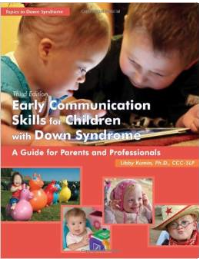


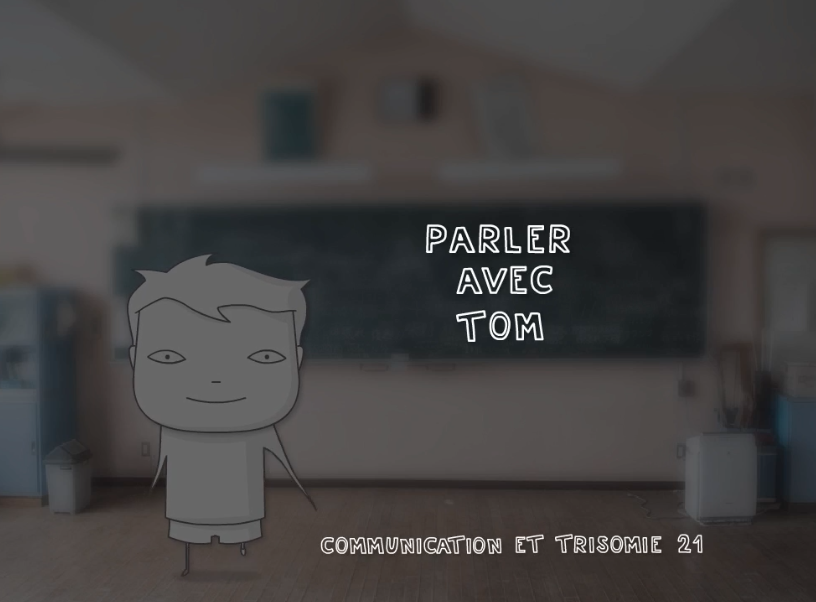




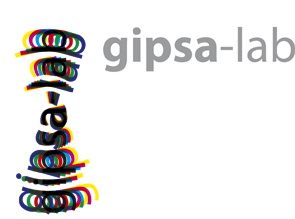

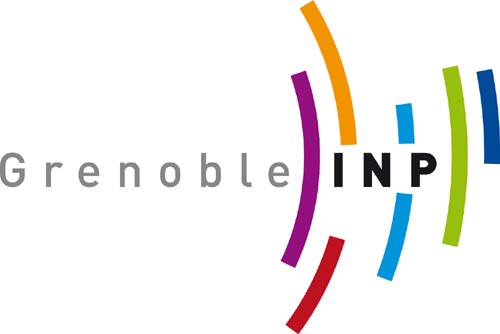

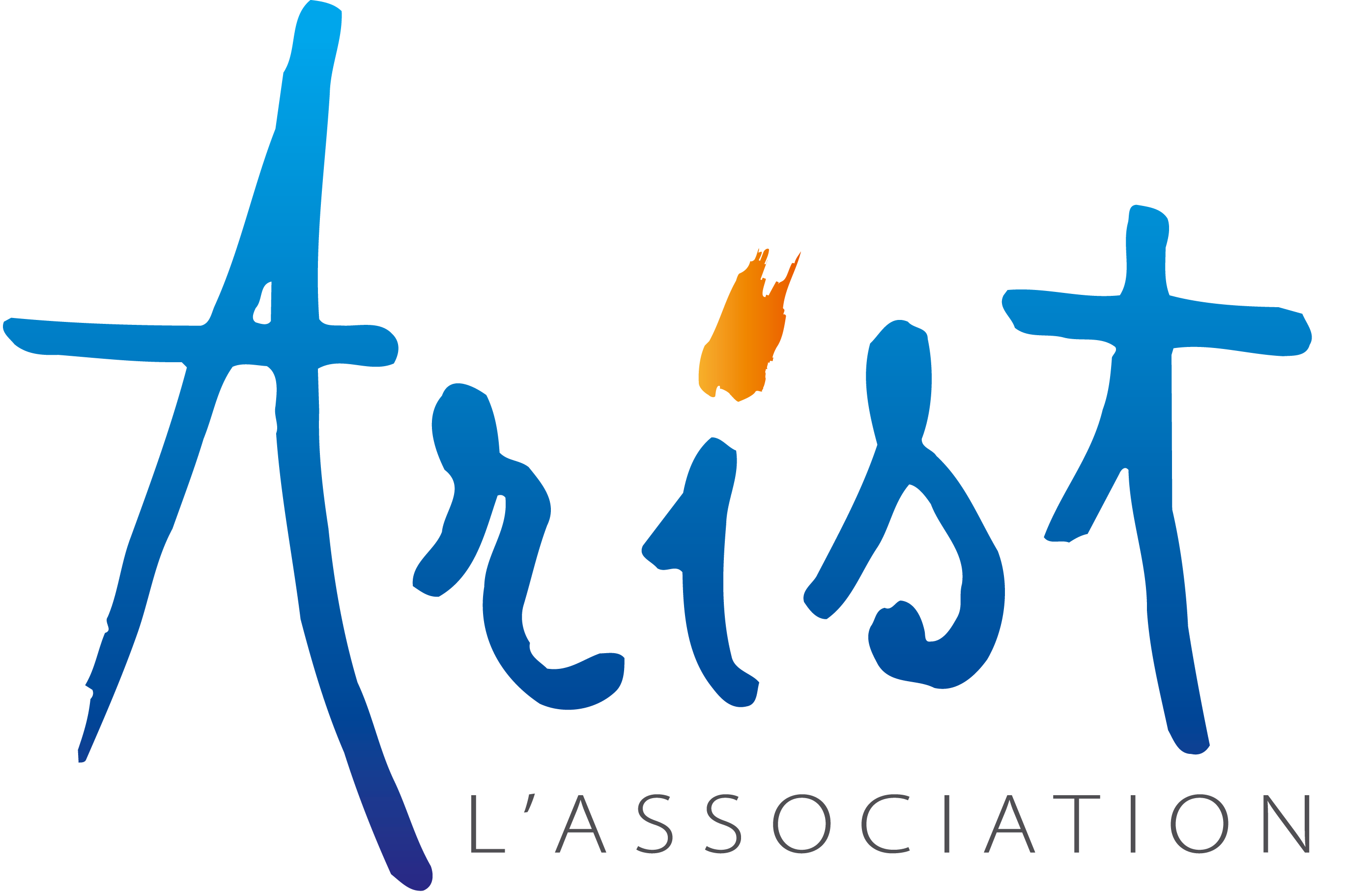


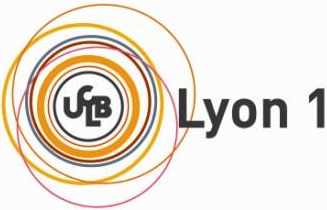

No linked comment